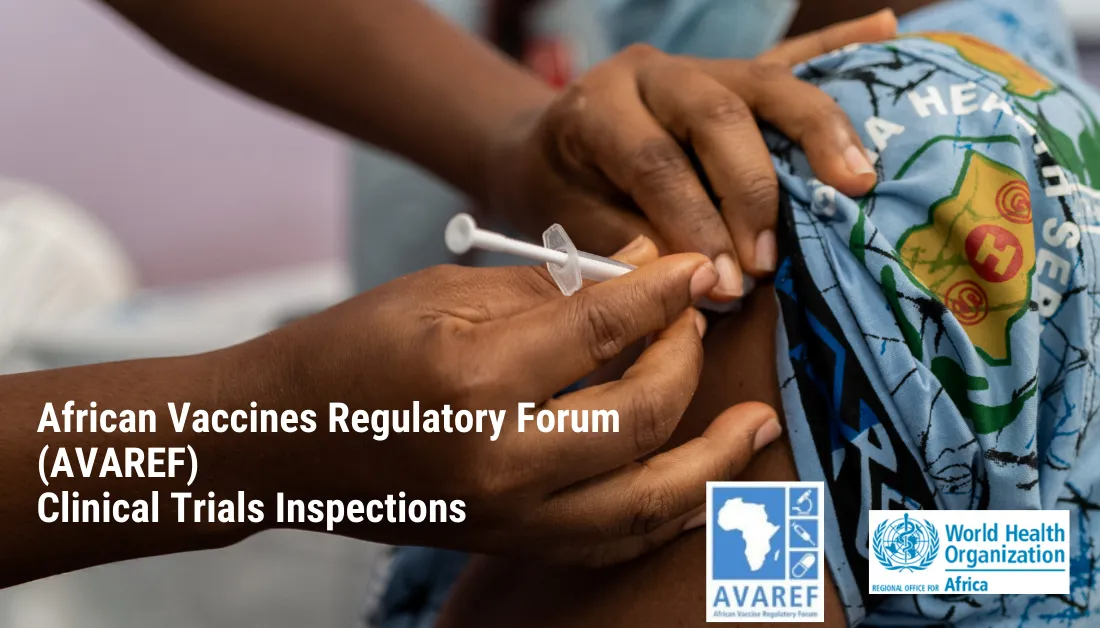
Partnering with the Public and Patients in Medical Research 
Partnering with the public and patients in medical research can bring many benefits, yet often fails to occur due to a lack of trust between patients and researchers. This course explores ways to create trusting relationships between the two, to advance medical science. ▼
ADVERTISEMENT
Course Feature
![]() Cost:
Cost:
Free
![]() Provider:
Provider:
Edx
![]() Certificate:
Certificate:
Paid Certification
![]() Language:
Language:
English
![]() Start Date:
Start Date:
Self paced
Course Overview
❗The content presented here is sourced directly from Edx platform. For comprehensive course details, including enrollment information, simply click on the 'Go to class' link on our website.
Updated in [March 06th, 2023]
This Stanford Online course, Partnering with the Public and Patients in Medical Research, will explore the benefits of partnering with patients in medical research. Participants will learn how to create trusting relationships between patients and researchers, as well as models to enable inclusivity and respect of all relevant stakeholders in the medical research enterprise. The course will also discuss how patients can move past the challenges of misunderstood roles and mismatched priorities to make practical contributions. Additionally, the course will cover how patient research partnerships can deliver value through every stage of the research process while increasing health self-management and research literacy.
Leading faculty from Stanford University and global medical publishing experts will lead efforts in patient partnership in medical research from one of the world's most influential general medical journals, The BMJ. Upon completion of the course, participants will have a better understanding of how to create meaningful partnerships between patients and researchers to advance medical science.
[Applications]
Upon completion of this course, participants are encouraged to apply the knowledge and skills they have acquired to their own research projects. They should consider how to create trusting relationships between patients and researchers, and how to include all relevant stakeholders in the medical research enterprise. Participants should also explore models that enable inclusivity and respect of all stakeholders, and how to make practical contributions to the research process. Finally, participants should consider how to increase health self-management and research literacy through Everyone Included™ partnership in the medical research enterprise.
[Career Paths]
1. Clinical Research Coordinator: Clinical research coordinators are responsible for managing the day-to-day operations of clinical trials. They are responsible for recruiting and enrolling participants, collecting and managing data, and ensuring that the trial is conducted in accordance with the protocol and applicable regulations. Clinical research coordinators must have excellent communication and organizational skills, as well as a strong understanding of the clinical trial process. The demand for clinical research coordinators is expected to grow as the number of clinical trials increases.
2. Clinical Research Associate: Clinical research associates are responsible for monitoring clinical trials to ensure that they are conducted in accordance with the protocol and applicable regulations. They are responsible for conducting site visits, reviewing data, and ensuring that the trial is conducted in a safe and ethical manner. Clinical research associates must have excellent communication and organizational skills, as well as a strong understanding of the clinical trial process. The demand for clinical research associates is expected to grow as the number of clinical trials increases.
3. Patient Advocate: Patient advocates are responsible for advocating for the rights of patients and ensuring that their voices are heard in the medical research process. They are responsible for educating patients about their rights and helping them to navigate the medical research process. Patient advocates must have excellent communication and organizational skills, as well as a strong understanding of the medical research process. The demand for patient advocates is expected to grow as the number of clinical trials increases.
4. Medical Writer: Medical writers are responsible for writing and editing medical documents such as clinical trial protocols, patient information sheets, and informed consent forms. They must have excellent writing and editing skills, as well as a strong understanding of the medical research process. The demand for medical writers is expected to grow as the number of clinical trials increases.
[Education Paths]
1. Bachelor of Science in Health Sciences: This degree program focuses on the scientific and technical aspects of health care, such as anatomy, physiology, pharmacology, and medical terminology. It also covers topics such as health care policy, health care management, and health care ethics. This degree is ideal for those interested in pursuing a career in the health care industry, such as a medical assistant, nurse, or physician assistant.
2. Master of Public Health: This degree program focuses on the public health aspects of health care, such as epidemiology, biostatistics, health promotion, and health policy. It also covers topics such as health care management, health care economics, and health care law. This degree is ideal for those interested in pursuing a career in public health, such as a health educator, health administrator, or health policy analyst.
3. Doctor of Philosophy in Health Sciences: This degree program focuses on the research aspects of health care, such as health services research, health policy research, and health economics. It also covers topics such as health care management, health care ethics, and health care law. This degree is ideal for those interested in pursuing a career in health research, such as a health services researcher, health policy analyst, or health economist.
4. Master of Science in Health Informatics: This degree program focuses on the use of technology in health care, such as data management, data analysis, and health information systems. It also covers topics such as health care management, health care policy, and health care ethics. This degree is ideal for those interested in pursuing a career in health informatics, such as a health information manager, health information analyst, or health information systems specialist.
The development trends for these degree paths are focused on the use of technology and data to improve the quality of health care. This includes the use of artificial intelligence, machine learning, and predictive analytics to improve patient outcomes, as well as the use of data to inform health policy decisions. Additionally, there is an increasing focus on patient-centered care, which emphasizes the importance of patient engagement and partnership in medical research.
Course Provider

Provider Edx's Stats at AZClass
Partnering with the Public and Patients in Medical Research is an online course from Stanford University that explores the benefits of working with patients in medical research. Through this course, learners will understand how to build trusting relationships between patients and researchers, and how to develop models that enable inclusivity and respect for all relevant stakeholders in the medical research enterprise. Learners will also learn how to overcome the challenges of misunderstood roles and mismatched priorities to make practical contributions, and how patient research partnerships can provide value at every stage of the research process while improving health self-management and research literacy.
Discussion and Reviews
0.0 (Based on 0 reviews)
Explore Similar Online Courses

Introduction to KeyShot for Digital 3d Rendering

ES6 - EcmaScript Fast Crash Course

Python for Informatics: Exploring Information

Social Network Analysis

Introduction to Systematic Review and Meta-Analysis

The Analytics Edge

DCO042 - Python For Informatics

Causal Diagrams: Draw Your Assumptions Before Your Conclusions

Whole genome sequencing of bacterial genomes - tools and applications

Healthcare Research: For Healthcare Professionals

Diagnosing Rare Diseases: from the Clinic to Research and back


Start your review of Partnering with the Public and Patients in Medical Research